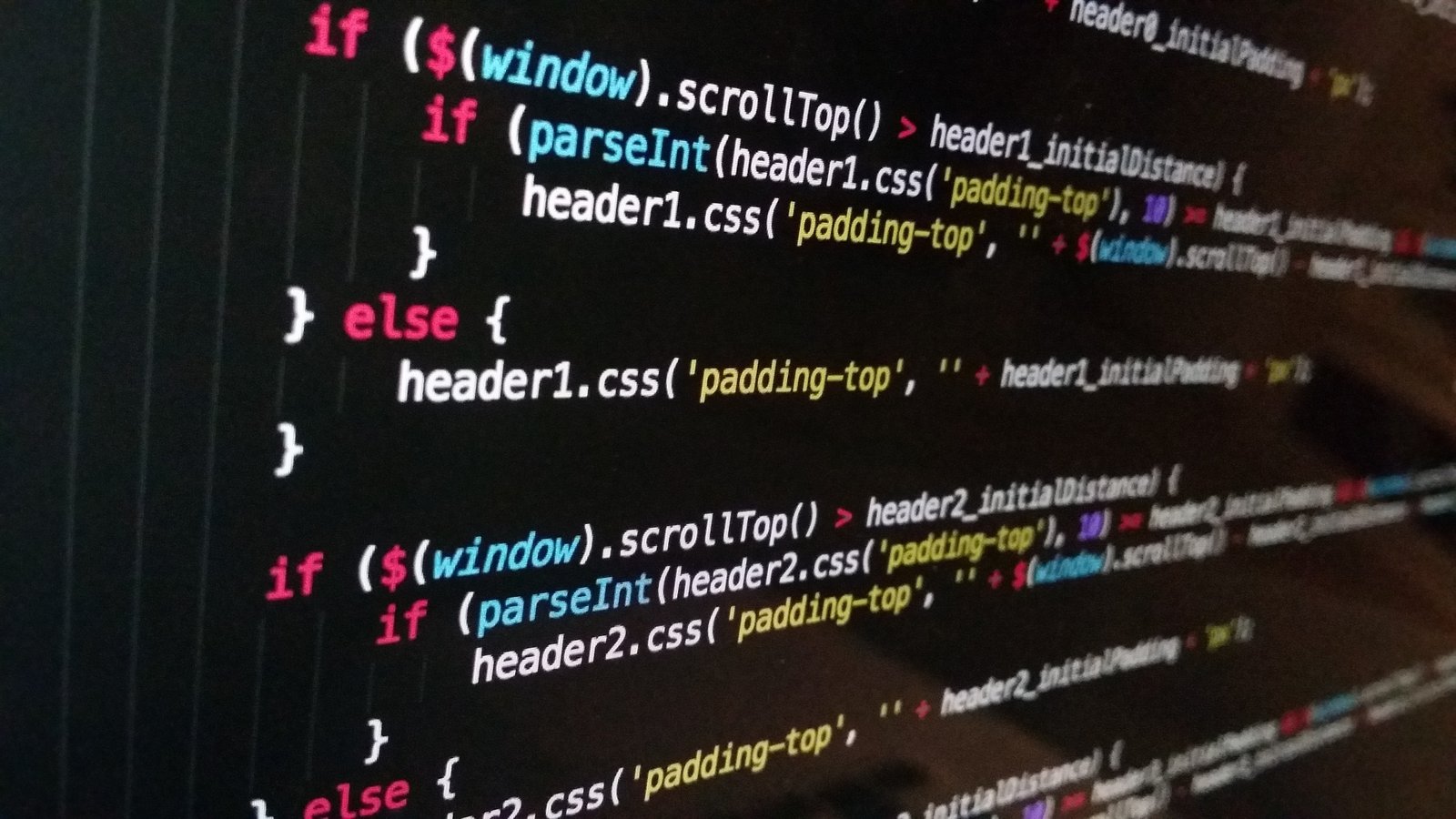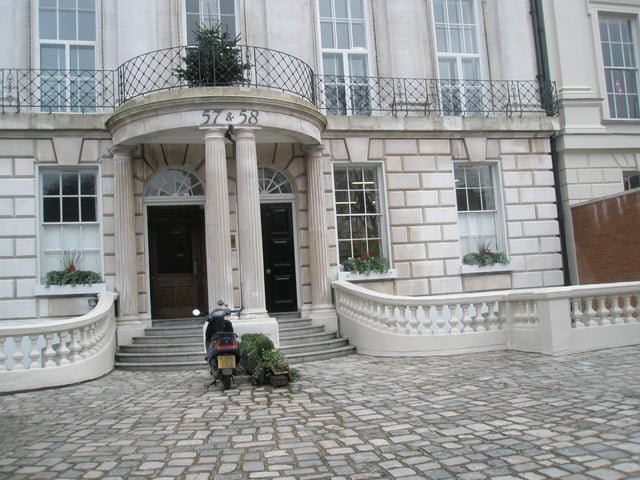Public opinion is shifting towards LGBT emancipation, in Romania as elsewhere, and it may just be a matter of time before constitutional bans fall.
Romania’s rejection of a constitutional ban on same-sex marriage is exceptional in European perspective. All its neighbours had already done so, and it was in fact one of the few Eastern European countries which hadn’t yet done it.
This is a story that’s not often told, because we like to focus on the countries where marriage equality was achieved instead of obstructed, but the effort to try and constitutionally ban it is worth knowing. It must be understood as a reaction to the changes traditionalists feared (and perhaps knew) were coming.
Since 1989, the map of Europe has been changing rapidly in terms of the legal recognition or prohibition on same-sex relationships. That year, Denmark first recognised civil unions for LGBT couples (as an alternative to full marriage). This invigorated debates across the continent, and both proponents and opponents sought to enshrine their views into the law/constitution.

Meanwhile, the Eastern Block threw off communism in 1989–91, giving religion, nationalism and conservatism a chance to gain ground. In response to the perceived threat that LGBT equality posed to traditional values, one former socialist state after another began to constitutionally ban gay marriage, 10 years before it was even recognised anywhere else (the Netherlands were the first in 2001).
Bulgaria (1991), Lithuania (1992), Belarus and Moldova (1994), Ukraine (1996), Poland (1997), Latvia and Serbia (2006), Montenegro (2007), Hungary (2012), Croatia (2013), Slovakia (2014), Armenia (2015) and earlier this year Georgia (2018) all explicitly forbade couples other than of opposite sexes to marry in their national constitution.
They could have done that decades or centuries earlier (provided these countries existed then), but there seems to have been no need for it; nobody appears to have foreseen LGBT emancipation would go so far as to open up such a fundamental institution in society–the marital bond between a man and a woman–to people of the same sex.
This has to do with how our idea of marriage has changed in the 20th century from a ‘controlled setting’ to produce offspring, if you will, to a public expression of stable love and affection between (two) people (with some added legal and financial benefits) in which producing children is an option rather than the goal. Indeed, marriage itself was no longer considered necessary to confirm an existing intimate relationship at all, and became optional. The shift of this idea in itself frightened many conservatives, and the introduction of same-sex couples into an institution that was originally ‘meant’ for mixed-sex couples to procreate (which same-sex couples cannot do without assistance) explains why there is such vehement opposition to it (not to mention the numerous other irrational motives underlying homophobia).
Western Europe seems to have been more ready to accept the changing nature of intimate relationships and to include LGBT people into society; all countries of the former ‘Western Block’ have now recognised marriage equality, with the exception of Switzerland, Italy, Greece, Cyprus and Northern Ireland (and the microstates), which do recognise civil unions.
But changes are coming. Of the old East, Czechia, Estonia, Slovenia, Croatia and Hungary already recognise same-sex civil unions, despite constitional bans on same-sex marriage in the last two. Public opinion is also slowly shifting towards LGBT emancipation, and it may just be a matter of time before these constitutional bans will fall as they have done in the United States in 2015.
Romania chose not to follow the conservative route to try and postpone the evolution that in all likelihood is going to happen sooner or later anyway. That’s a good sign. Let’s keep fighting the good fight for equal rights, or support those who are fighting.






Article Discussion